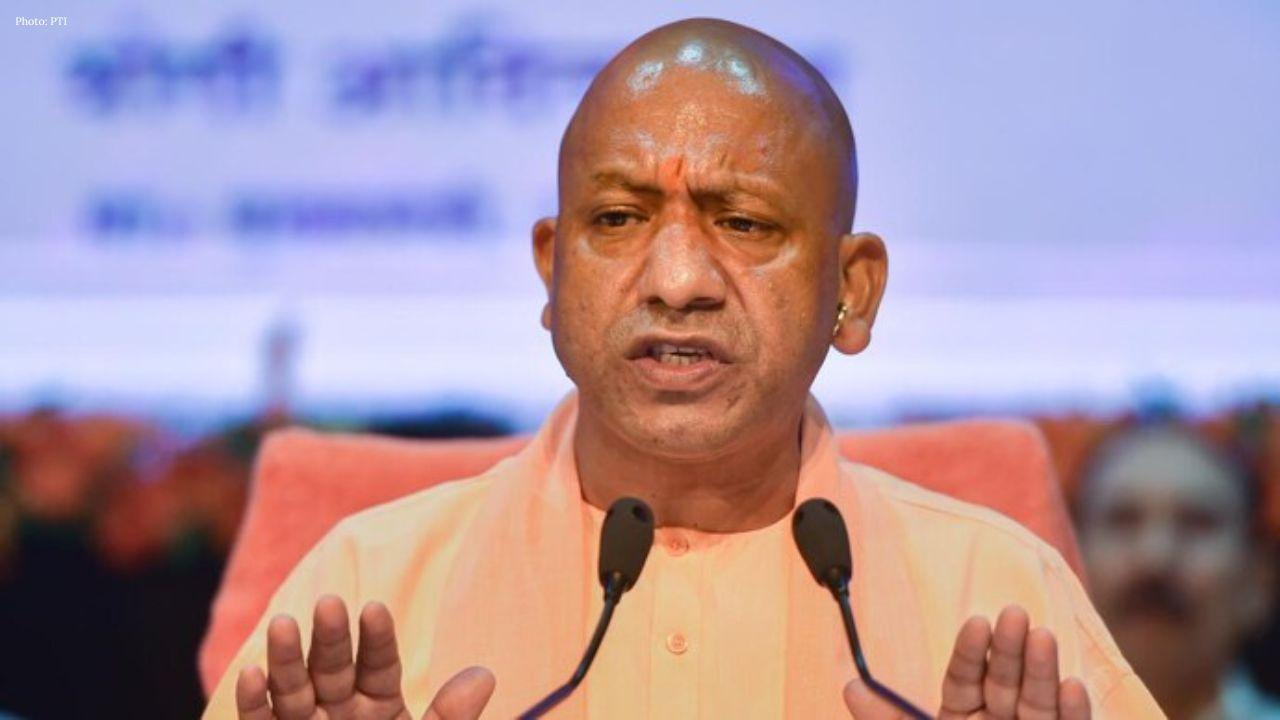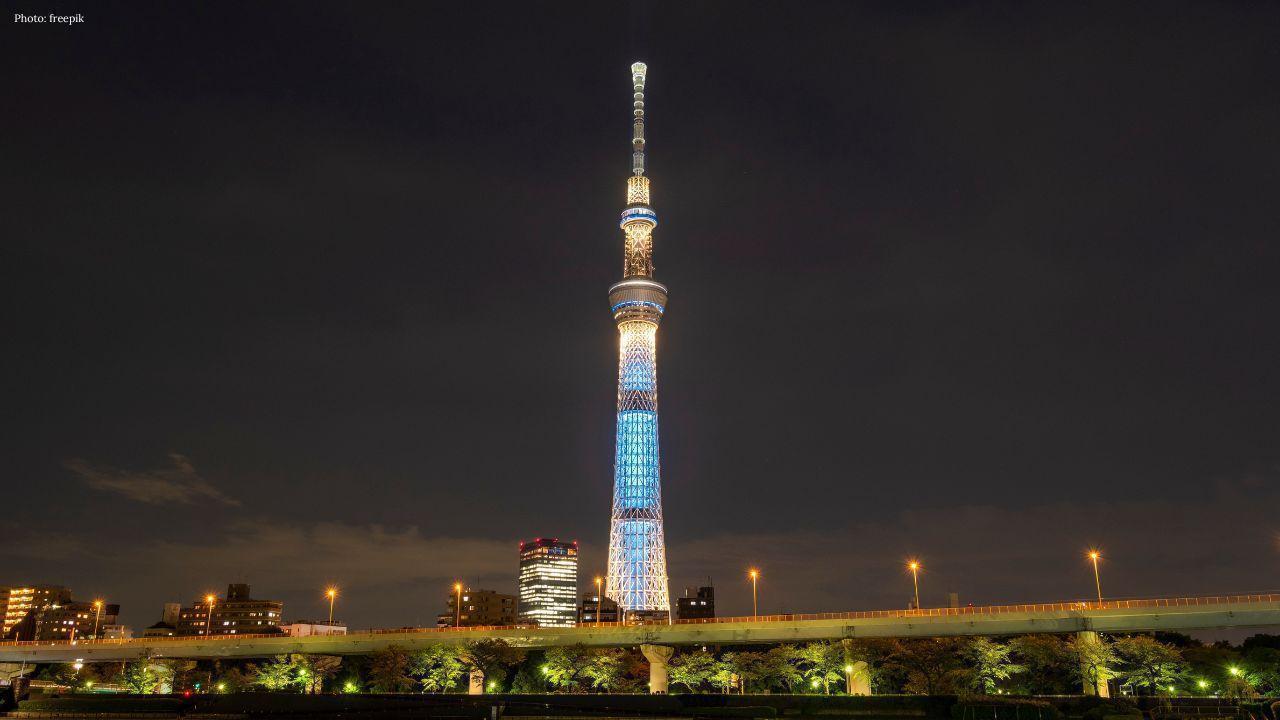You have not yet added any article to your bookmarks!

Join 10k+ people to get notified about new posts, news and tips.
Do not worry we don't spam!

Post by : Anis Farhan
The COVID-19 pandemic in 2020 brought Singapore’s migrant labor system under global scrutiny. Dormitory outbreaks, overcrowded conditions, and limited mobility revealed a dual system—where foreign laborers built the city’s infrastructure but lived on its fringes. By mid-2025, the urgency of the moment has faded, but the structural questions remain.
In April this year, Singapore’s Ministry of Manpower (MOM) introduced a series of “Enhanced Migrant Welfare Guidelines”, including new housing standards, expanded healthcare entitlements, and mental health support programs. Officials presented them as a “comprehensive reset” for how the city-state treats its 1.4 million foreign workers, most of whom hail from Bangladesh, India, and parts of Southeast Asia.
But rights groups, labor advocates, and even some employers argue the reforms don’t go far enough. Beneath the surface of technical upgrades lie deeper concerns: employment precarity, wage theft, surveillance, and the persistent framing of workers as risk factors—not rights-holders.
The 2025 reforms include:
Mandatory dormitory standards with maximum occupancy rules and improved ventilation
Universal health screening every 6 months, including mental health assessments
Increased mobile access and Wi-Fi availability within dorms
A pilot program allowing workers to switch employers after 12 months without penalty
Expansion of “Safe Worksite” certification, tying employer ratings to labor practices
While these measures are significant, many were proposed back in 2021. Implementation delays, inconsistent enforcement, and minimal penalties for non-compliance have diluted their impact.
The Humanitarian Organisation for Migration Economics (HOME), a leading NGO, points out that most reforms still place the onus on employers. “Workers are still caught in an unequal dependency,” said one spokesperson. “Housing, job security, and even medical access are often tied to the whims of a single employer.”
Singapore’s economy depends heavily on migrant workers in construction, shipbuilding, and cleaning. These jobs are low-wage, physically intensive, and often excluded from national labor protections. Foreign workers are legally barred from unionizing and have limited avenues for legal recourse in disputes.
Though the government has touted tech upgrades—including an app for filing grievances and tracking payments—many workers remain digitally excluded due to language barriers or fear of retaliation.
Even as wages have modestly increased (by 4.2% since 2022), inflation and remittance expectations have kept real gains flat. According to a 2025 survey by the ASEAN Labour Forum, over 38% of migrant workers in Singapore still reported experiencing wage delays or unexplained deductions.
The systemic imbalance is not just economic but also social. Many workers remain segregated from public life—physically housed in dormitories on the outskirts of the city, and symbolically kept apart through restrictive mobility rules.
One of the most overlooked aspects of the migrant experience in Singapore is mental health. The MOM’s new mental health initiative includes 24/7 hotline access, peer counseling programs, and periodic screening—but uptake has been low.
Cultural stigma, fear of deportation, and lack of confidentiality have kept many from using these services. NGOs like HealthServe say deeper trust-building is needed. “There’s trauma, anxiety, loneliness—but no culturally aligned care model,” noted one field worker.
Some dorms now offer weekend workshops in stress management and financial planning. But without guaranteed time off, many workers are unable to attend. The balance between welfare and productivity remains skewed.
Employers, particularly in construction and marine sectors, have expressed concern over rising compliance costs. New dormitory designs, digital systems, and medical mandates have increased operational expenses by an estimated 8–12% since 2023.
While large firms have absorbed the cost, SMEs are struggling. Some argue this could lead to reduced hiring or offshoring. Others say these costs should have been part of the equation all along.
The government has offered modest tax rebates and dormitory upgrade grants—but only to those with clean records, leaving many smaller contractors unable to qualify.
Singapore is not alone in its struggle to balance economic growth and labor dignity. Across Southeast Asia, countries like Malaysia and Thailand face similar tensions in sectors like palm oil, textiles, and domestic work.
What distinguishes Singapore is its global visibility and regulatory discipline. Its actions set a regional precedent. But critics argue that high GDP and tech capacity should translate into world-class labor protections, not minimal compliance.
The ILO (International Labour Organization) has praised Singapore’s post-pandemic responsiveness but continues to urge the country to ratify core conventions related to collective bargaining and workplace rights—still absent in current law.
One uncomfortable truth remains: migrant workers are still largely viewed as temporary, transactional participants in the Singaporean system. Few have pathways to permanent residency. Fewer still can bring families or settle long-term.
This perpetual outsider status shapes how policy is framed—more about containment than inclusion, more about order than opportunity.
Advocates are calling for a reframing. “These workers aren’t just tools—they are people, with hopes, communities, and histories,” said a former MOM official. “If we call them essential, we must treat them as such.”
The 2025 reforms are a step—but only that. Real dignity lies not just in better dorms or Wi-Fi, but in recognition, rights, and respect.
This article is intended for editorial and informational purposes only. It does not constitute legal or policy advice. All information is accurate as of July 2025 and may change with future developments.










India Says J&K Budget Exceeds Pakistan’s IMF Bailout
India slammed Pakistan at UNHRC, stating J&K’s development budget exceeds Pakistan’s IMF bailout and

UP CM Holds Talks With Ex Japan Economy Minister in Tokyo
Yogi Adityanath met former Japan economy minister Nishimura Yasutoshi in Tokyo to boost UP-Japan coo

Hiroshima Teacher Arrested for Alleged Sexual Assault of Minor
A 37-year-old high school teacher in Hiroshima was arrested on suspicion of sexually assaulting a te

Tokyo Skytree Reopens After Elevator Malfunction Suspension
Tokyo Skytree resumed operations after a three-day closure caused by an elevator failure that trappe

Skiers Rescue Man Buried Under Snow at California Resort
A dramatic rescue at Palisades Tahoe shows two skiers saving a man suffocating under deep snow durin

Sri Lanka Ex-Intel Chief Arrested Over Easter Attacks
Former SIS Chief Suresh Sallay arrested by CID in connection with the 2019 Easter Sunday bombings th